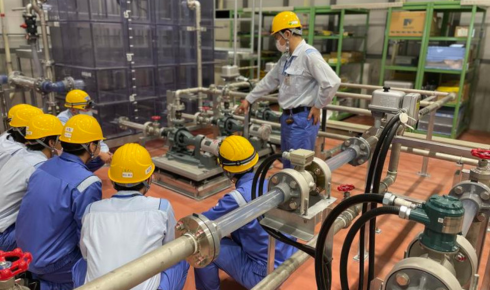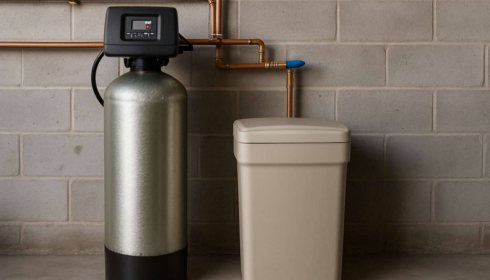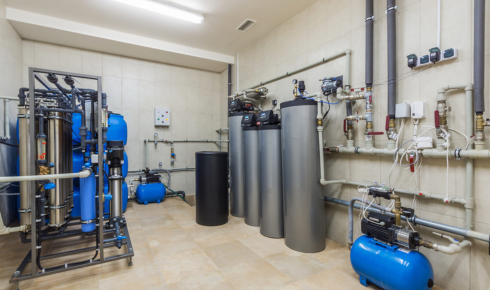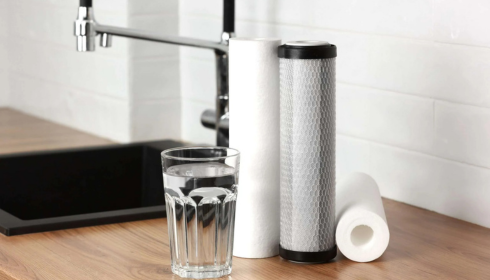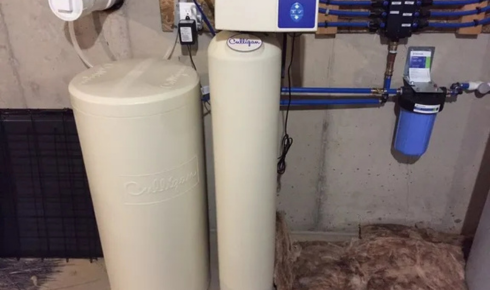Let’s take a moment to appreciate something we rarely think about—water. Not just any water, but the kind of water that fuels industrial machines, cools systems, cleans equipment, and makes sure factories, plants, and commercial facilities don’t grind to a halt. Sounds boring? Maybe at first glance. But the story underneath is anything but dull.
For industries that depend on precision, uptime, and safety, water isn’t just a utility. It’s a critical asset—and if it’s not properly managed, it quickly becomes a liability.
When Water Isn’t Just “Water”
Most people assume water is water—turn on a tap and there it is. But industrial setups don’t have that luxury. The water used in large-scale operations is often filled with minerals, sediments, and even microbial life. Left untreated, this can cause corrosion, scaling, biofouling, and system inefficiencies that can quietly rack up thousands of dollars in repairs and replacements.
Which is why industrial water purification systems aren’t optional—they’re essential. These systems go way beyond your average residential filtration. We’re talking multi-stage processes that remove everything from dissolved solids and chlorine to iron, bacteria, and even radioactive elements, depending on the source.
When tailored properly, these systems not only ensure clean, consistent water quality, they also optimize performance, extend equipment life, and keep things running like clockwork.
That Pesky Scale: Small Deposits, Big Problems
Here’s a scenario that happens more than you’d think: an industrial boiler starts underperforming. Maintenance crew investigates and finds a thin, chalky deposit lining the interior—hardly noticeable to the eye. But that’s all it takes to throw off heat transfer, spike energy consumption, and reduce flow rate.
This is the result of untreated hard water and mineral build-up—also known as scaling.
Scale prevention isn’t just about aesthetics or even day-to-day performance. It’s about long-term sustainability. Once scale forms, it’s a nightmare to remove without chemicals or downtime. But with preventative systems—like softeners, antiscalant dosing, or electronic descalers—you can stop the problem before it ever starts.
Think of it like brushing your teeth versus getting a root canal. Preventative care always wins.
Tailoring Systems to the Application
Not all water treatment systems are created equal, and in industrial contexts, a one-size-fits-all approach is rarely effective. A textile plant might need high-capacity filtration with pH balancing. A beverage manufacturing facility? Strict microbial control. A metal plating operation? Heavy-duty deionization.
The best systems are customized to fit the specific water challenges at hand. Source water analysis, local regulations, output requirements—all play a role in determining the right solution.
And yes, the upfront investment can be hefty. But skimping now usually means paying double later. It’s not just about “clean” water—it’s about process integrity and protecting every component that touches that water downstream.
Beyond Installation: The Quiet Heroism of Maintenance
Installing a great water system is only half the story. The other half? Keeping it in top shape.
Maintenance often flies under the radar until something breaks. But in industrial environments, ignoring routine service can lead to clogs, corrosion, bacterial growth, or even full system failure. The stakes are high.
That’s where reliable maintenance service comes into play. Whether handled in-house or through contracted experts, a solid service plan includes regular inspections, filter replacements, media regeneration, performance monitoring, and emergency support if needed.
It’s like giving your system a health check-up before it shows symptoms. And let’s be honest—most plant managers sleep better at night knowing their water infrastructure isn’t one valve away from a disaster.
Green Goals Meet Water Goals
There’s another layer to all this that’s getting more attention these days: sustainability.
Many industries are under pressure to reduce water waste, recycle internal processes, and limit their environmental impact. Advanced purification systems now often include options for greywater reuse, brine reclamation, and even zero-liquid-discharge setups.
It’s not just good for the planet—it’s good for business. Lower operating costs, better public image, and often, regulatory incentives. What’s not to like?
Real Talk: When It’s Time to Upgrade
If your water system is more than a decade old, chances are it’s inefficient by today’s standards. Maybe you’re noticing inconsistent output, frequent service calls, or skyrocketing utility bills. Or maybe you’re just crossing your fingers every time the pumps kick on.
Modern systems are smarter, faster, and more reliable. They use IoT tech to monitor usage and detect issues before they escalate. They self-adjust based on demand. They integrate seamlessly into broader automation platforms.
If you’ve been putting off an upgrade, consider this your gentle nudge. There’s no trophy for “most outdated infrastructure.”
The Hidden Cost of Ignoring Water Quality
There’s a common thread among facilities that experience unplanned downtime, frequent equipment failure, or erratic product quality. Poor water management.
Unfiltered sediment clogs jets. Corrosive water ruins bearings. Inconsistent pH throws off formulations. The list goes on.
Water might not be the flashiest line item on your budget, but it’s one of the most impactful.
Bringing It All Together
You don’t need to be a chemical engineer or a hydrologist to appreciate the value of clean, controlled water. You just need to care about efficiency, uptime, and not spending your weekends dealing with unexpected breakdowns.
Whether you’re in food processing, textiles, heavy industry, or high-tech manufacturing, your water system is doing a lot more than you think. Show it some love. Test it. Upgrade it. Maintain it.
Final Thoughts: Don’t Let Water Be an Afterthought
We often think of water as passive. But in the industrial world, it can be your best friend—or your most expensive enemy.
With proper planning, smart scale prevention, robust industrial water purification, and proactive maintenance service, you’re not just avoiding problems. You’re building a foundation that supports everything else your operation depends on.

